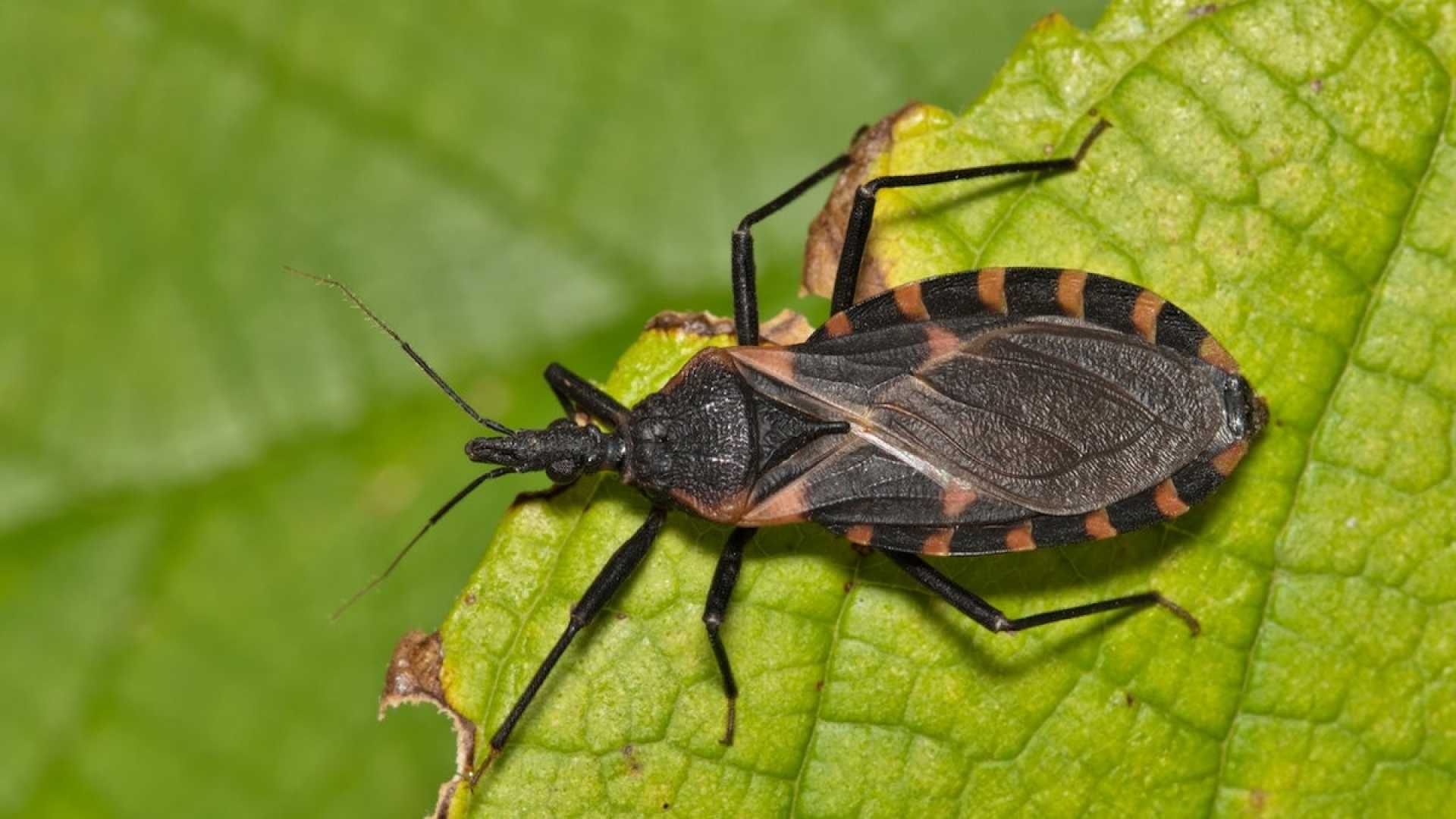Health
Chagas Disease Spreads Across 32 U.S. States, Experts Warn of Hidden Threat

Atlanta, Georgia – Chagas disease, a potentially life-threatening infection spread by the “kissing bug,” has now been detected in 32 states across the U.S. Experts are increasingly concerned about the disease’s silent prevalence among the population, with many being undiagnosed until it’s too late for effective treatment.
The Centers for Disease Control and Prevention (CDC) reports that the triatomine insect, commonly referred to as the kissing bug for its tendency to bite people on the face, has been identified in several southern states. Human infections have been confirmed in eight states: California, Texas, Arizona, Louisiana, Missouri, Mississippi, Arkansas, and Tennessee.
According to recent estimates from the CDC, as many as 300,000 people in the U.S., including 45,000 in Los Angeles County alone, may be living with Chagas disease, but fewer than 2% of them are aware they are infected. “Most people living with Chagas disease are unaware of their diagnosis, often until it’s too late to have effective treatment,” said a chief infectious disease specialist at UCLA Health.
Chagas disease is caused by the parasite Trypanosoma cruzi, which enters the human body through bites from infected kissing bugs. After biting, these insects defecate near the wound, allowing the parasite to enter the bloodstream when the area is scratched. Symptoms can range from mild to severe, including fever, fatigue, body aches, headaches, and notably severe eyelid swelling.
As the infection progresses into the chronic phase, 20% to 30% of those infected risk developing serious heart or digestive problems. “It’s critical to recognize the endemic nature of Chagas disease in the U.S., as it can lead to severe health consequences,” said Shaun Yang, PhD, from UCLA.
To combat this hidden threat, experts recommend increased public awareness, surveillance, and screening for Chagas disease. Current treatments are highly effective during the early acute phase but are significantly less effective once the condition becomes chronic. Moreover, many people do not seek medical attention until serious symptoms arise.
“Acknowledging this disease as endemic could lead to better public health initiatives, improving screening efforts and potentially saving lives,” emphasized Melissa Nolan, an epidemiologist at the University of South Carolina.
Chagas disease was originally considered endemic to Latin America, highlighting the importance of understanding the disease’s presence in the U.S. now. Health professionals stress the need for proactive measures and heightened awareness to help prevent the spread and ensure those infected receive timely treatment.
As mosquito seasons change and human exposure increases, the call for health organizations like the CDC to officially classify Chagas disease as endemic rises. This could greatly enhance public health strategies and encourage more research into its effects and management in the U.S.












